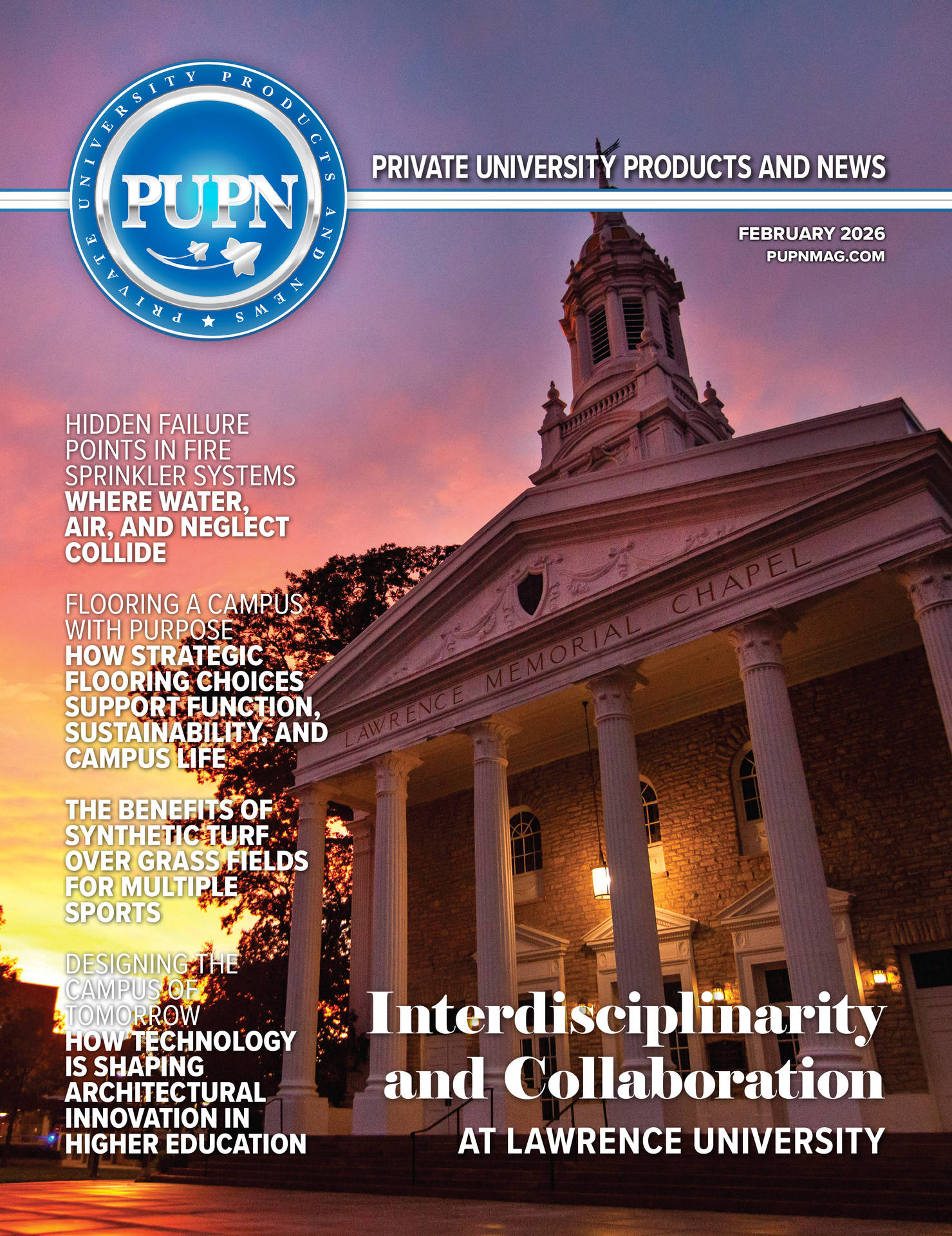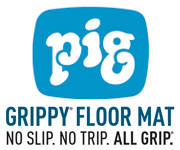In 2023, approximately 8.3 million women were enrolled in colleges and universities across the United States. They carried with them textbooks and dreams of bright futures, but also the silent burden of period poverty. Despite the excitement and promise of this new chapter in life, many of these students found themselves quietly struggling with the worry of being able to afford menstrual hygiene products. This issue, named period poverty, affects around 500 million women globally each month, including as many as 20 percent of U.S. female college students (Forbes).
There is growing awareness that period poverty is not only a physical health issue but a mental health and financial issue for these students. Campuses are becoming a focal point for raising awareness, in hopes of reducing the stigma and educating students on the importance of menstrual health. While some consider the topic of menstrual care and hygiene to fall under the category of just another college-life struggle, university decision makers should not overlook the topic of period poverty and its effects on their students. A survey conducted by George Mason University’s College of Public Health in 2021 found that one in 10 college students struggles or has struggled with period poverty. Many more report they have missed class time or know someone who has because they didn’t have access to period products. Even those who can afford to purchase the products they need are often caught unprepared, needing immediate access to products only to find there aren’t any on hand—forcing a mad dash to the nearest store instead of class.
When addressing the issue of period poverty, it is important to consider the financial situation and demographic background of a student body and the current state of the economy. One study found that period poverty affects minority and low-income students more frequently on college campuses, which can be a stressor for students on scholarship or working around student loans. Ballard Brief, a program that hosts a curated research library of briefs that analyze social issues and are written by undergraduate and graduate students, found that between 2019 and 2020, menstrual hygiene products increased in cost by 64 percent. According to Forbes, one in five students has felt the effects of period poverty when having to decide between purchasing essential menstrual products or paying for other expenses like food, textbooks and other bills.
In response to the growing rate of period poverty, students and faculty have been advocating for better access to menstrual products on campuses across the United States. Approximately 30 states have implemented some form of bill or funding to try and alleviate the situation.
Some legislation has allowed for free product distribution programs, which have been enacted in state schools in California, Connecticut, and New York, enabling free distribution of menstrual products such as tampons, pads and sanitary napkins. Other state bills have allocated funds for higher education budgets to cover the costs of providing menstrual products. Despite these efforts being a step in the right direction, it is important to note that public colleges and schools are the main recipients of legislative funding for menstrual products.
Considerations for Private Universities
Student-led action has been the main advocate for ending period poverty on private campuses. Rallies and petitions on campuses such as Harvard, Boston University and Princeton University, have called for university decision makers to address the issue of period poverty and the distribution of menstrual products on private campuses.
While there are no specific statistics available on the effects of period poverty in private universities alone, national studies conducted found that more than half of all private university students identify as female (61 percent found in a study of four-year programs from 2020-2021), and their numbers are rapidly increasing (Fast Company). Because of the growing population of identifying female students in private universities, administrators and facility managers should consider the effects of period poverty on their students and what manufacturers offer solutions to address an issue that could be affecting a majority of their student body. While private universities have not been included in any state legislation regarding period poverty, there are other entities that offer solutions to universities looking to address the issue on their campuses.
The effects of period poverty has become more widely recognized as a relevant issue in today’s education systems due to the impact it can have on a student’s life. State governments, school administrators, and students alike have all identified and seen the mental and physical health impacts that period poverty can have on students and individuals. By implementing adequate distribution vendors of menstrual sanitary products or offering menstrual products in general, private universities can help students in their academic careers by avoiding unnecessary stress.
Finding Solutions to Provide Relief
Washroom product manufacturers have identified period poverty as an issue and offer services to supply universities and businesses with newer, high quality menstrual products and dispensers that are cost-effective, secure and hygienic for all users. Some of these products include menstrual product distribution vendors, which can be installed in restrooms and cost students little to nothing to access the supplied products. These products can help universities tackle the issue of period poverty on their campuses by continually offering sanitary products including pads, tampons, and sanitary napkins. Vendor boxes can easily be placed in multiple locations across campuses, assisting and providing for students as needed.
By improving student access to menstrual products, through washroom dispensers or distribution centers on campus, universities can help students feel more secure on campus knowing they have care products available to them. This availability can significantly reduce the stress, anxiety and embarrassment associated with menstruation, and allow students to maintain good hygiene while on campus by providing access to proper menstrual products.
Increased availability and accessibility of menstrual products could also increase the academic performance of students at private universities, allowing students to worry less about the financial burden of purchasing these hygiene products. Implementing washroom dispensers could also keep students from having to leave campus or skip class when they need a product during an emergency. The funding and implementation of menstrual hygiene dispensers/products in restrooms can also help address equity and inclusivity issues on college campuses because it gives students the ability to care for themselves, while maintaining their ability to attend classes and participate in campus life.
Addressing period poverty and implementing changes to alleviate its effects on private college campuses will require the leadership of university administrators and facility managers. While some public universities can access state funding due to legislation, private universities will most likely have to allocate their own funding for increased sanitary products/menstrual product dispensers on campus. Although washroom product manufacturers offer services at reasonable prices, university administrators might also want to consider pitching manufacturers’ proposals to donors and alumni for financial assistance or make tuition adjustments to include funding for these services to help address the needs of the students.
The Broader Implications of Restroom Conditions
The overall condition and functionality of public restrooms is an important and related issue to providing menstrual products in these spaces. According to the 2024 Healthy Handwashing Survey™ by Bradley Company, the state of a restroom can have a measurable impact on patrons’ view of the overall establishment or business. When asked the most important improvement they’d like to see in restrooms, adults and students alike overwhelmingly said, “clean them more regularly and keep them better stocked.” Having adequate supplies of soap and towels can greatly improve restroom experiences, as does convenient access to menstrual products.
Privacy is also high on Americans’ restroom wish lists. Seventy percent feel public restroom stalls lack sufficient “coverage.” Specifically, 58 percent would like the gaps around stall doors and walls eliminated, and 45 percent say they are in favor of stall doors that extend all the way to the floor. Nearly 100 percent believe it would be helpful if there were visual indicators on stall doors to show if they are occupied.
Getting a Head Start on Solving the Issue
While private universities may not have state funding to help address period poverty on their college campuses, washroom product manufacturers have developed products that can be implemented in an effort to assist students and modernize university facilities. Increasing not only the availability but accessibility of menstrual products could foster a safe and healthy university culture. With approximately 28 percent of all female college students in the United States enrolled in private universities, these institutions can get a head start on tackling a major issue that many students and universities are facing by implementing the products and services provided by washroom product manufacturers (Educational Data Initiative).










